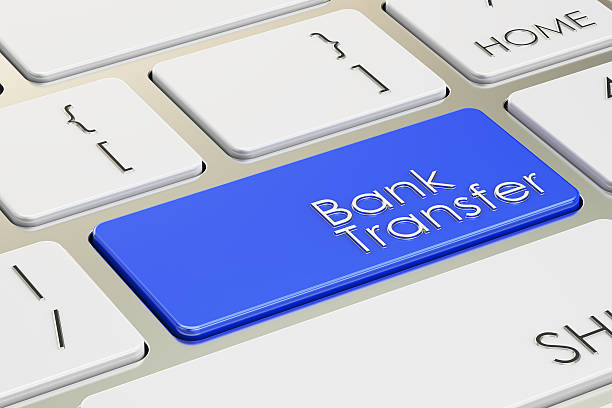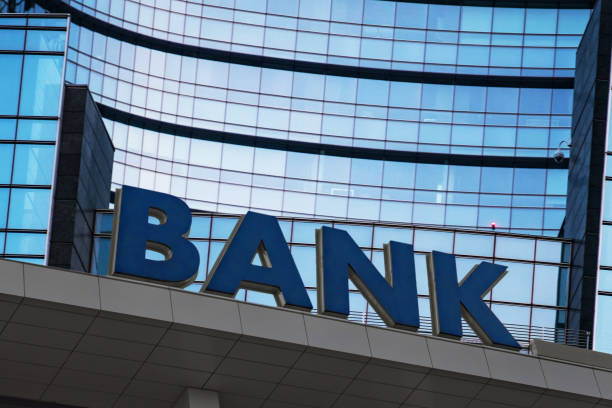SWIFT/BIC Code - The Society for Worldwide Interbank Financial Telecommunication (SWIFT) code, also known as the Bank Identifier Code (BIC), is an internationally recognized alphanumeric code assigned to financial institutions, including banks. It serves as a unique identifier for each bank and facilitates secure and efficient international money transfers.
Do All Branches of a Bank Have the Same SWIFT/BIC Code?
In most cases, no, all branches of a bank do not share the same SWIFT/BIC code. Each branch of a bank typically has its own unique SWIFT/BIC code. Here's why:
Identification Purposes: SWIFT/BIC codes are designed to identify individual financial institutions, not just the bank as a whole. Since each branch of a bank may operate somewhat independently and serve a specific geographic area or function, it's essential that they have distinct identifiers for international transactions.
Routing Specifics: The SWIFT/BIC code is used to route funds to the correct bank and branch. Having separate codes for each branch ensures that funds are directed to the precise location where your account is held.
Customer Convenience: Providing separate codes for each branch makes it easier for customers to specify the exact branch they are dealing with when receiving international payments or conducting cross-border transactions.
However, there are exceptions:
Small Banks or Branches: Smaller banks or branches of larger banks in less populated areas may share a single SWIFT/BIC code with the main bank. This can be a cost-effective solution for banks with limited international transactions.
Centralized Processing: Some banks may centralize their international transaction processing in a specific branch, and in such cases, other branches may use that central branch's SWIFT/BIC code for international transfers.
Online Banking: If you're conducting international transactions through online banking, the system may automatically select the appropriate SWIFT/BIC code based on the details you provide, including the branch you're dealing with.
To find the correct SWIFT/BIC code for your specific branch, you can refer to your bank's official website, contact customer support, or check your online banking account's information. It's crucial to use the accurate SWIFT/BIC code to ensure that your international transactions are processed correctly.
In conclusion, while all branches of a bank share the same bank name and routing number within the same country, they typically have their own unique SWIFT/BIC codes for international transactions. It's important to be aware of this distinction and use the correct code when conducting cross-border financial activities to ensure that your funds reach the intended branch securely and without delays.
Frequently asked questions (FAQs) about international bank routing codes




